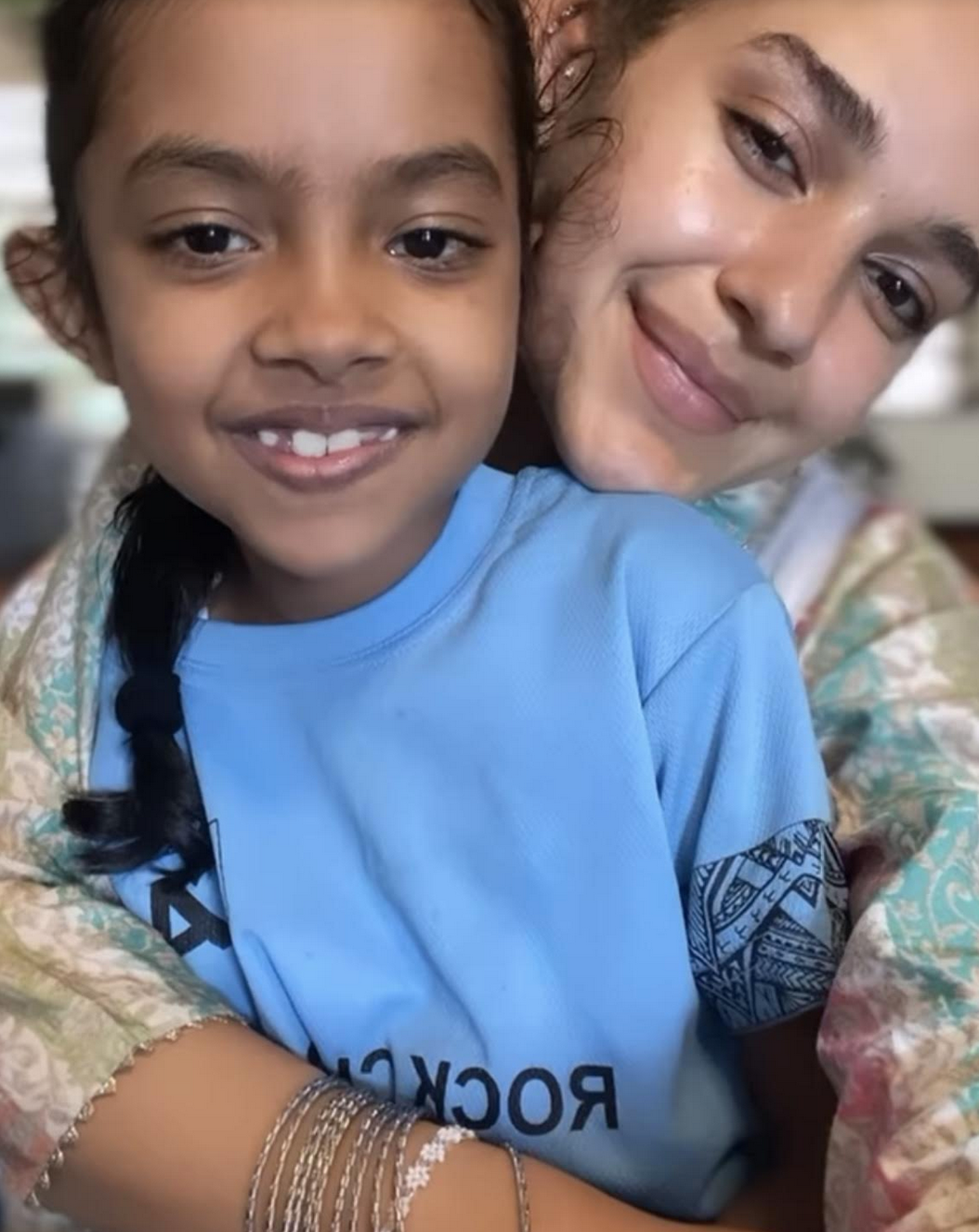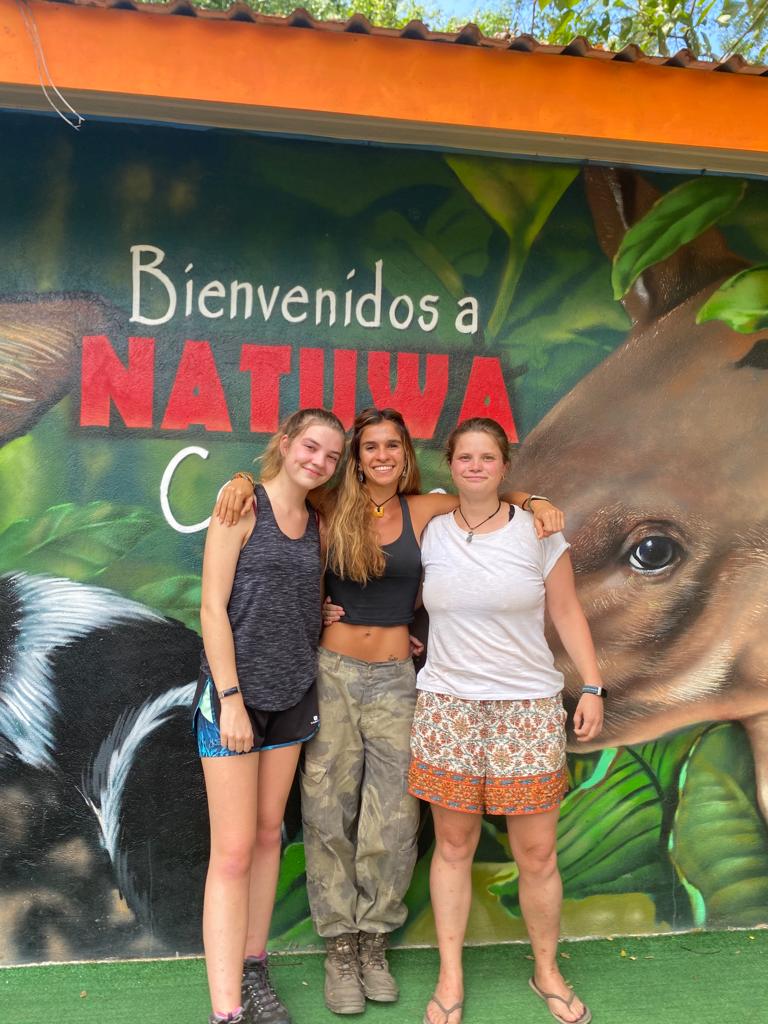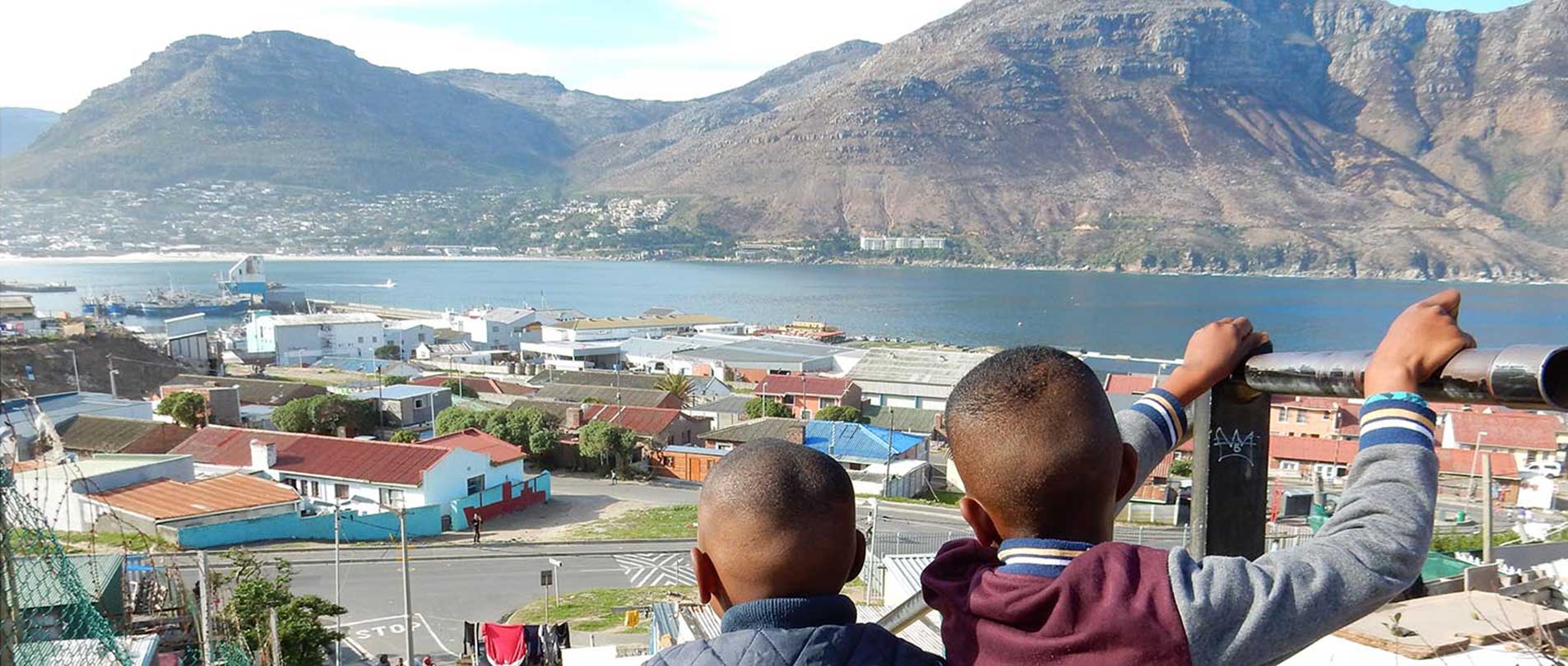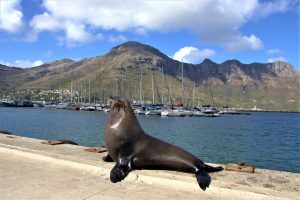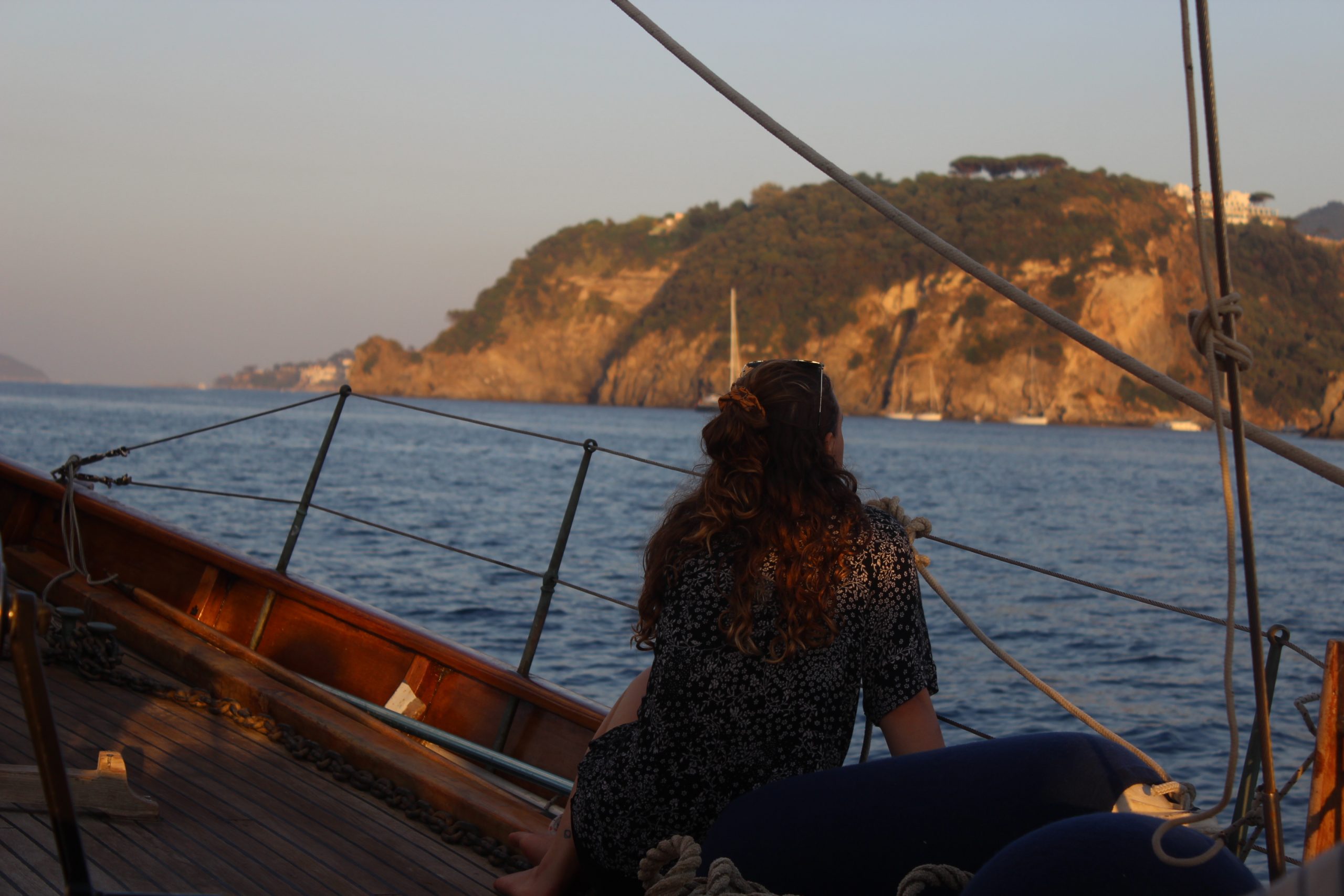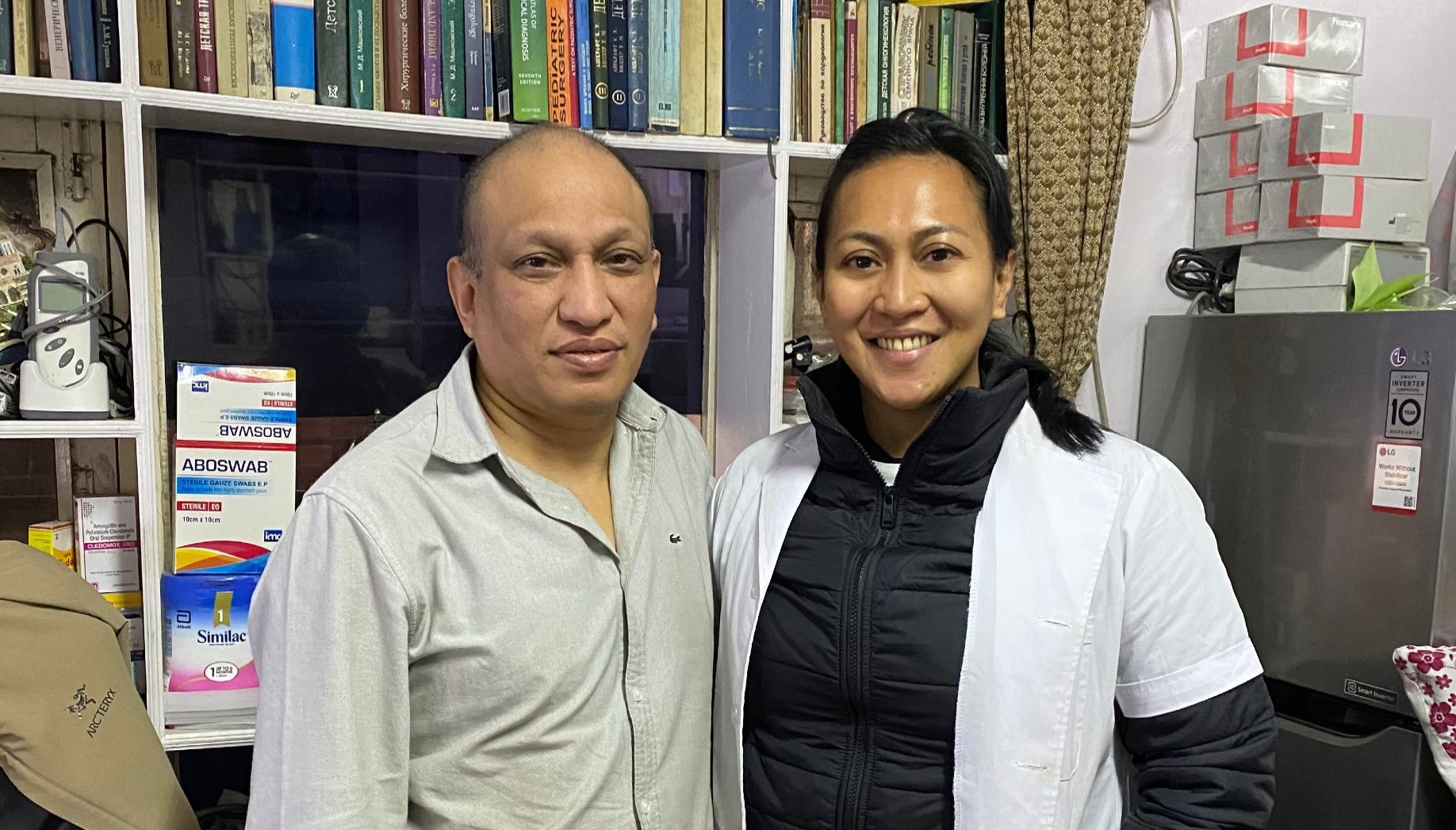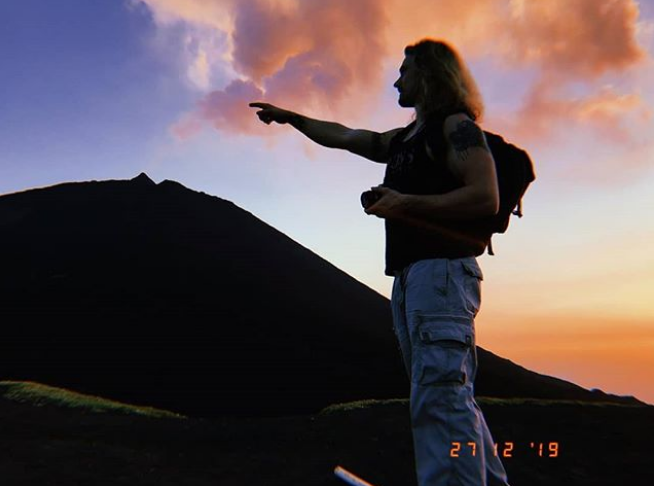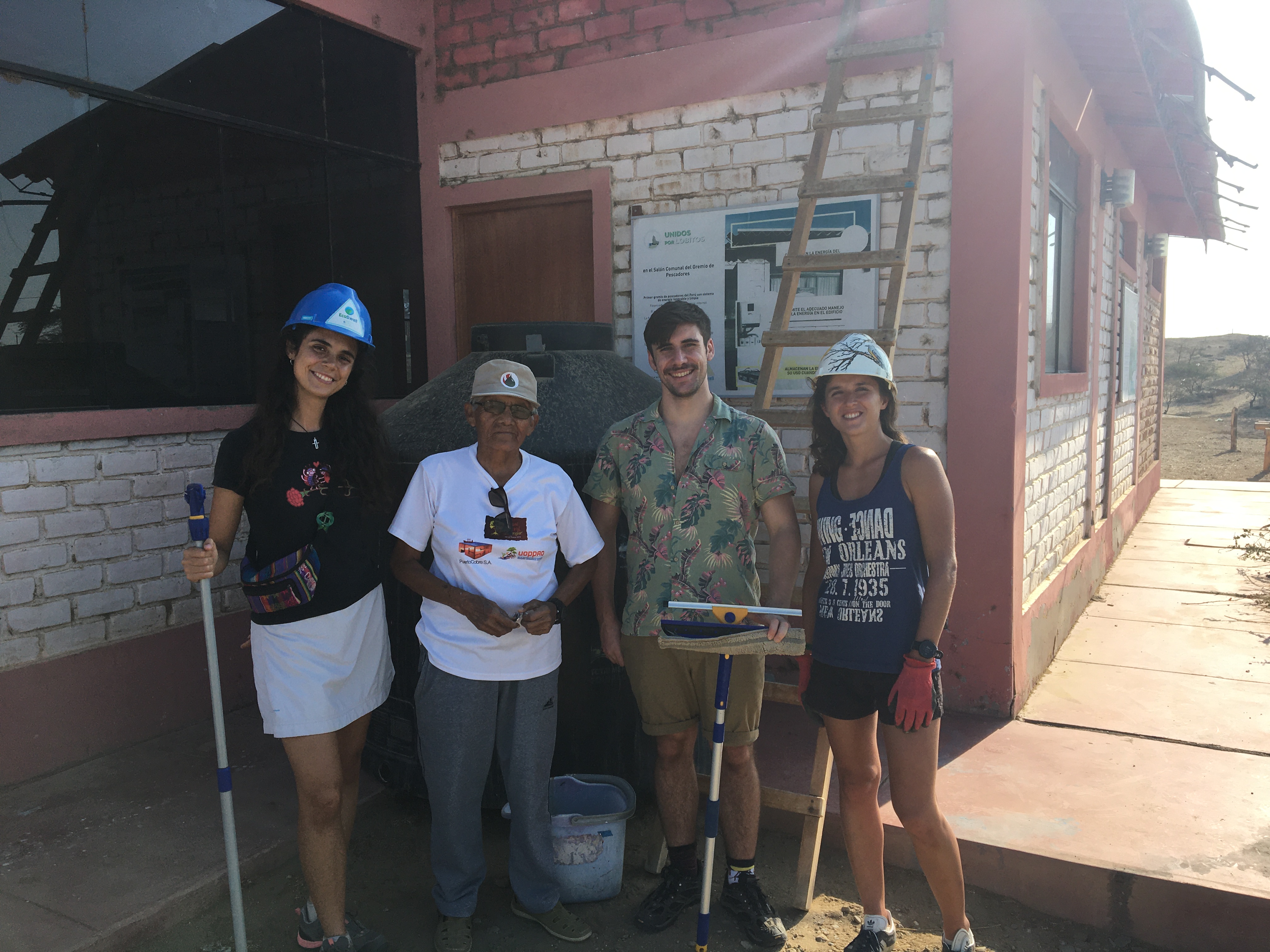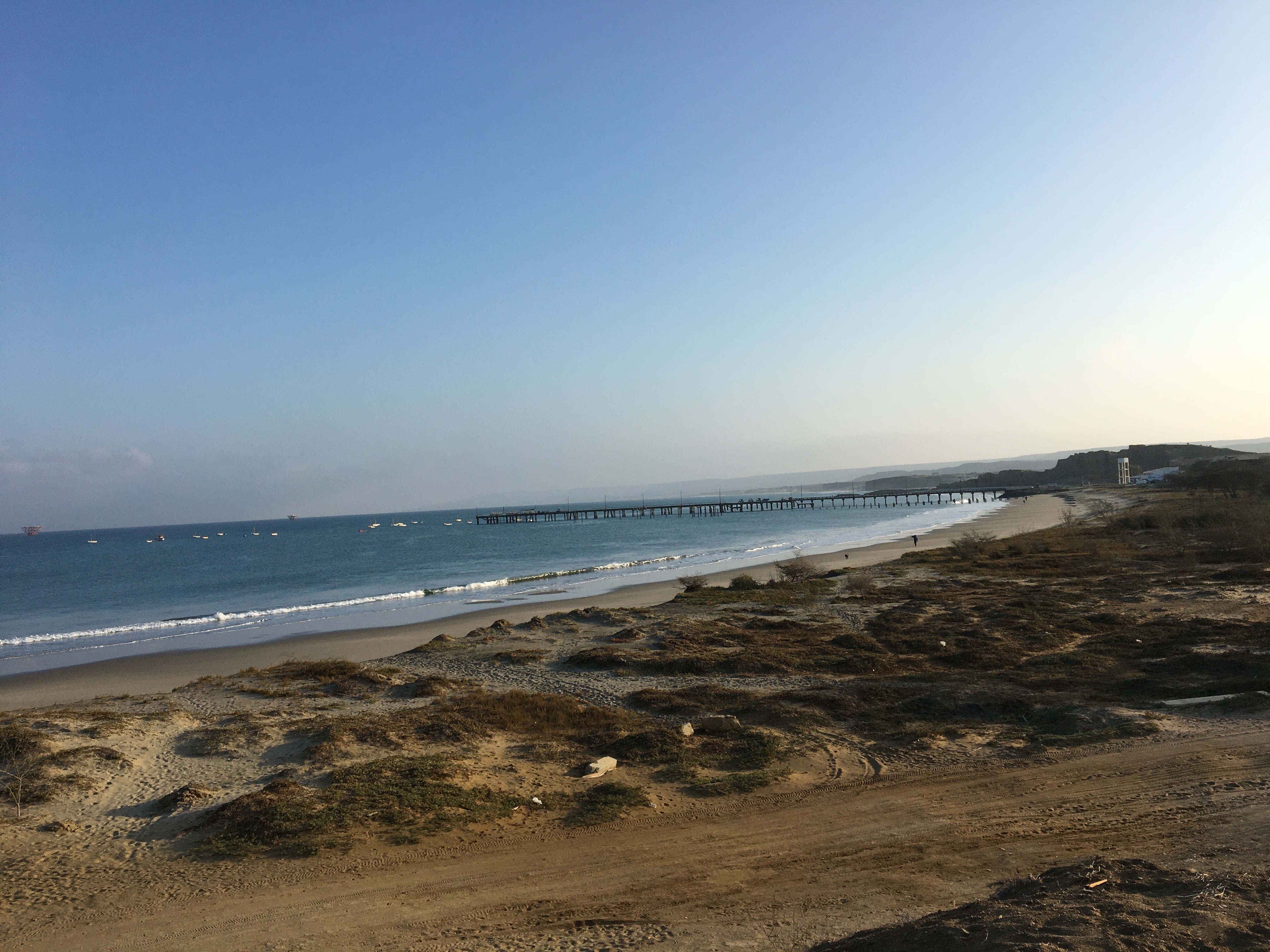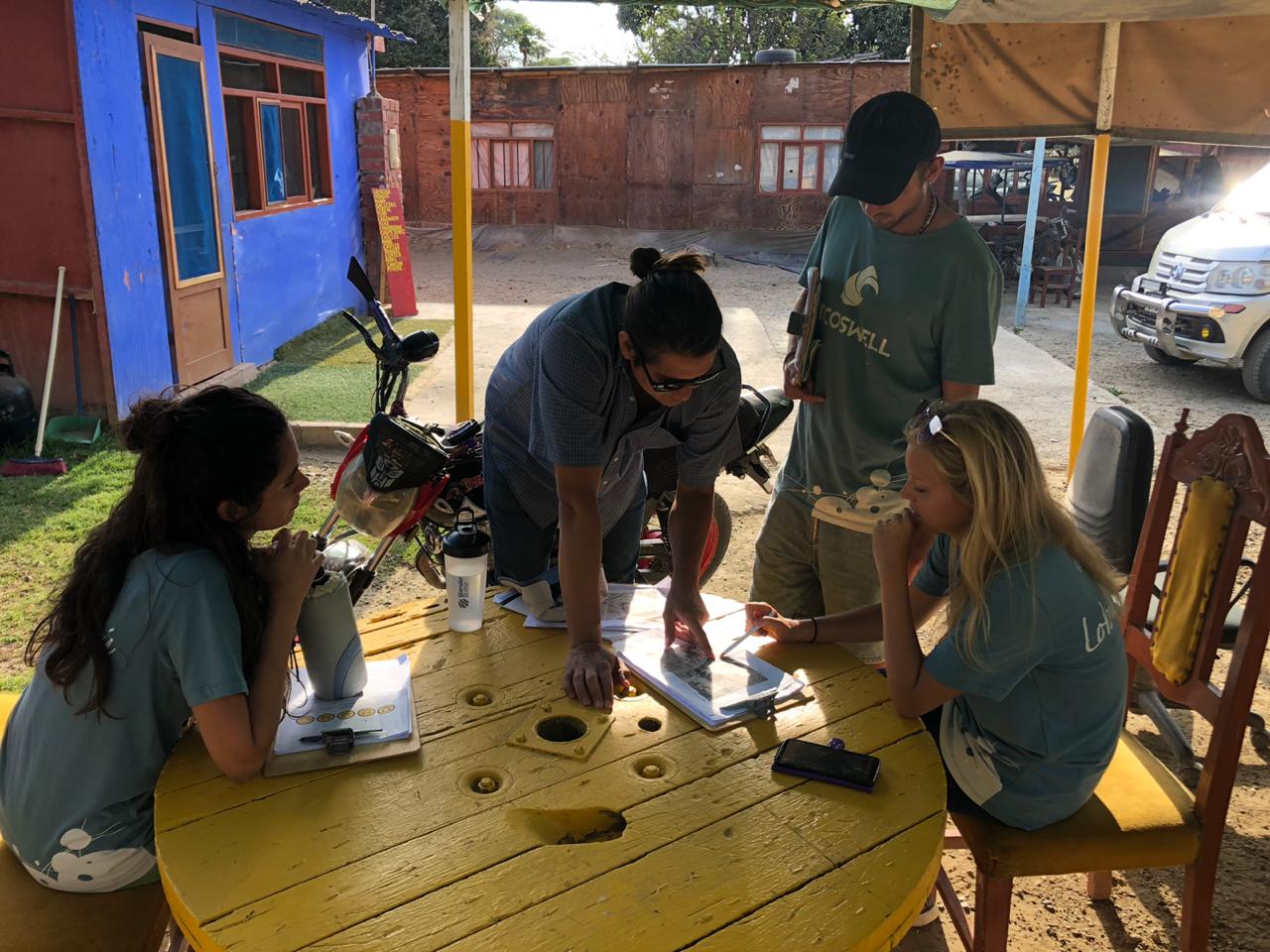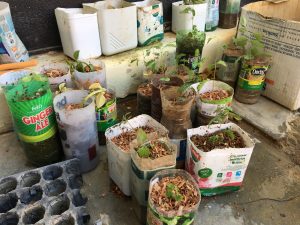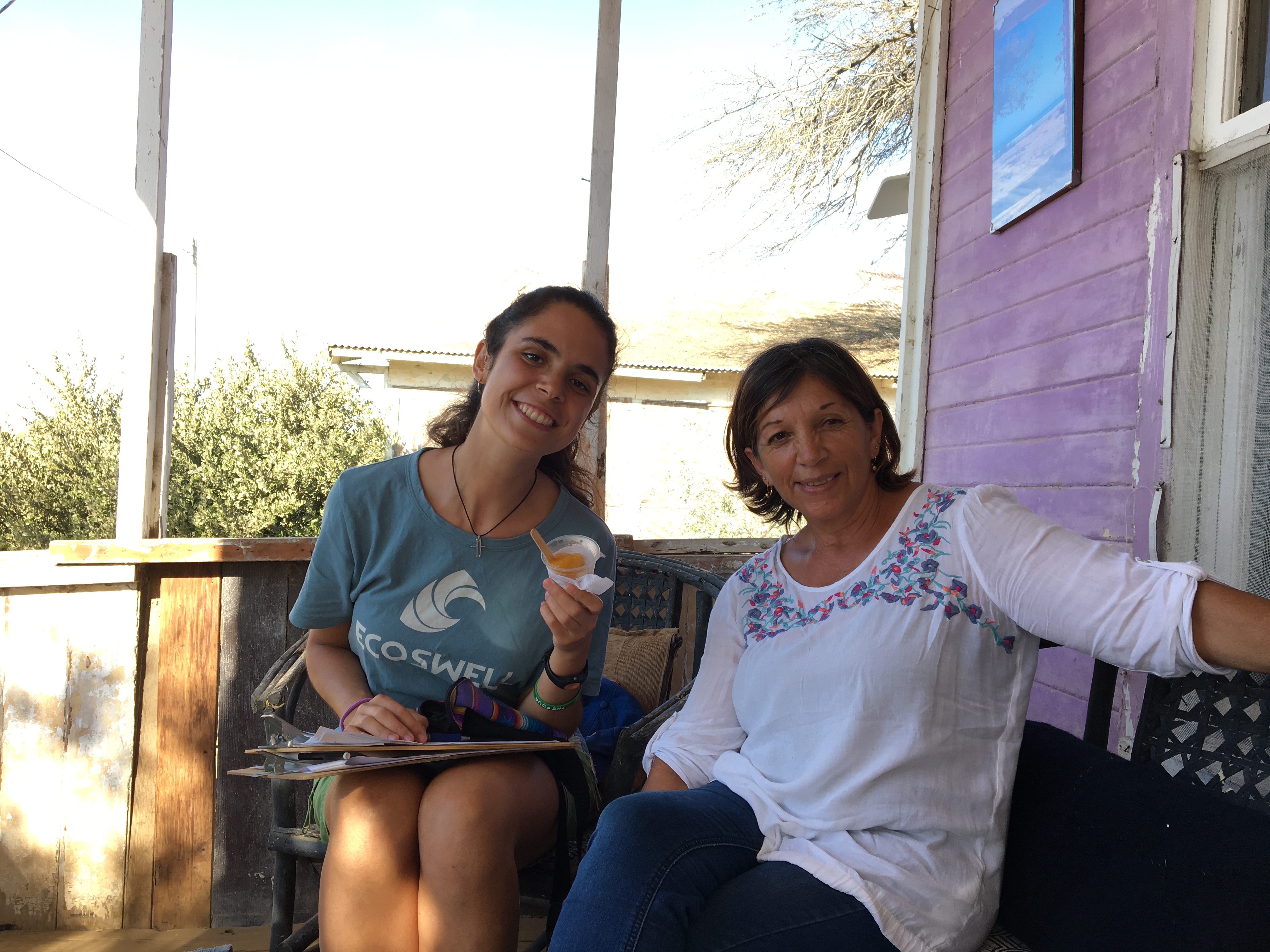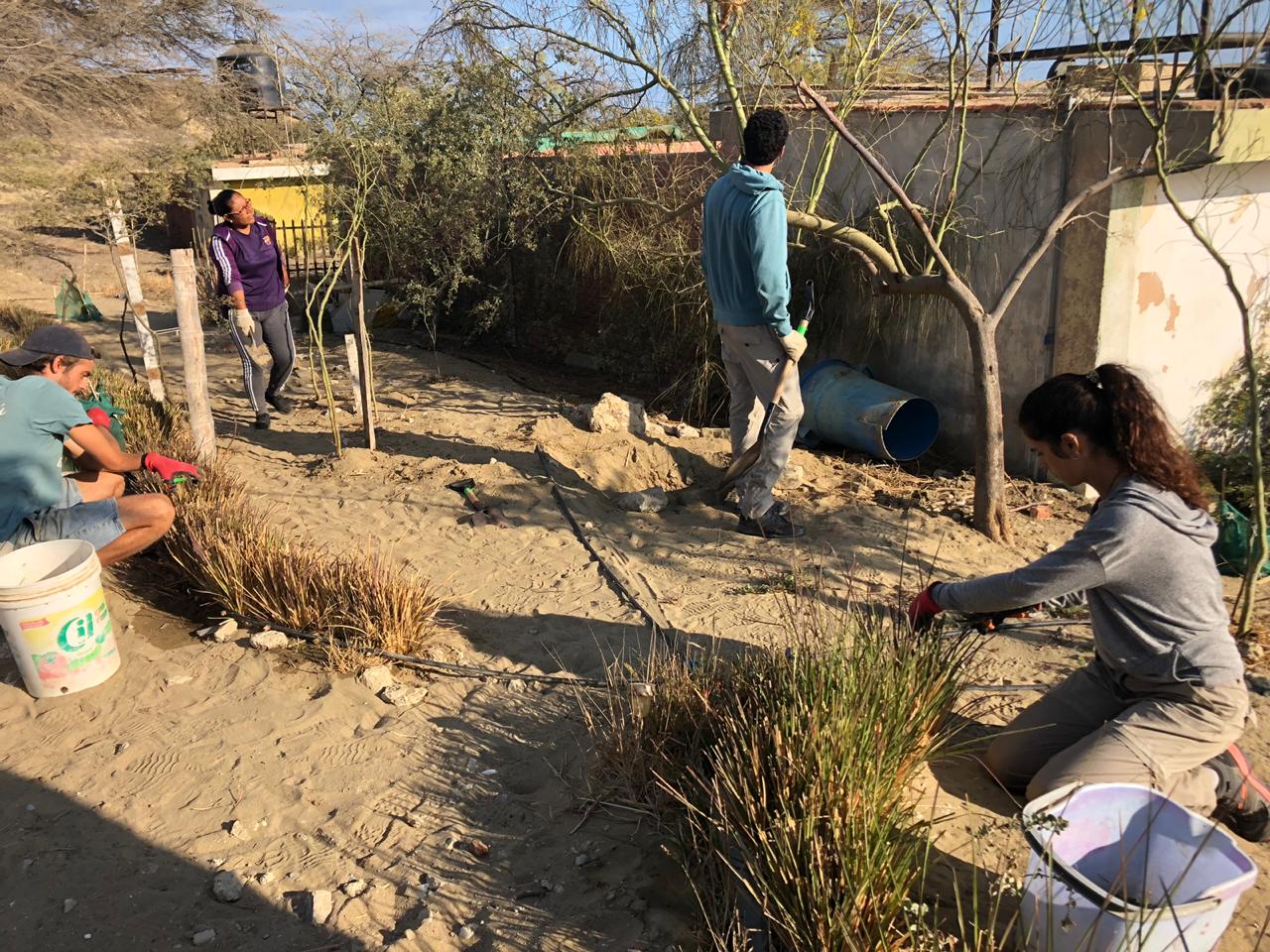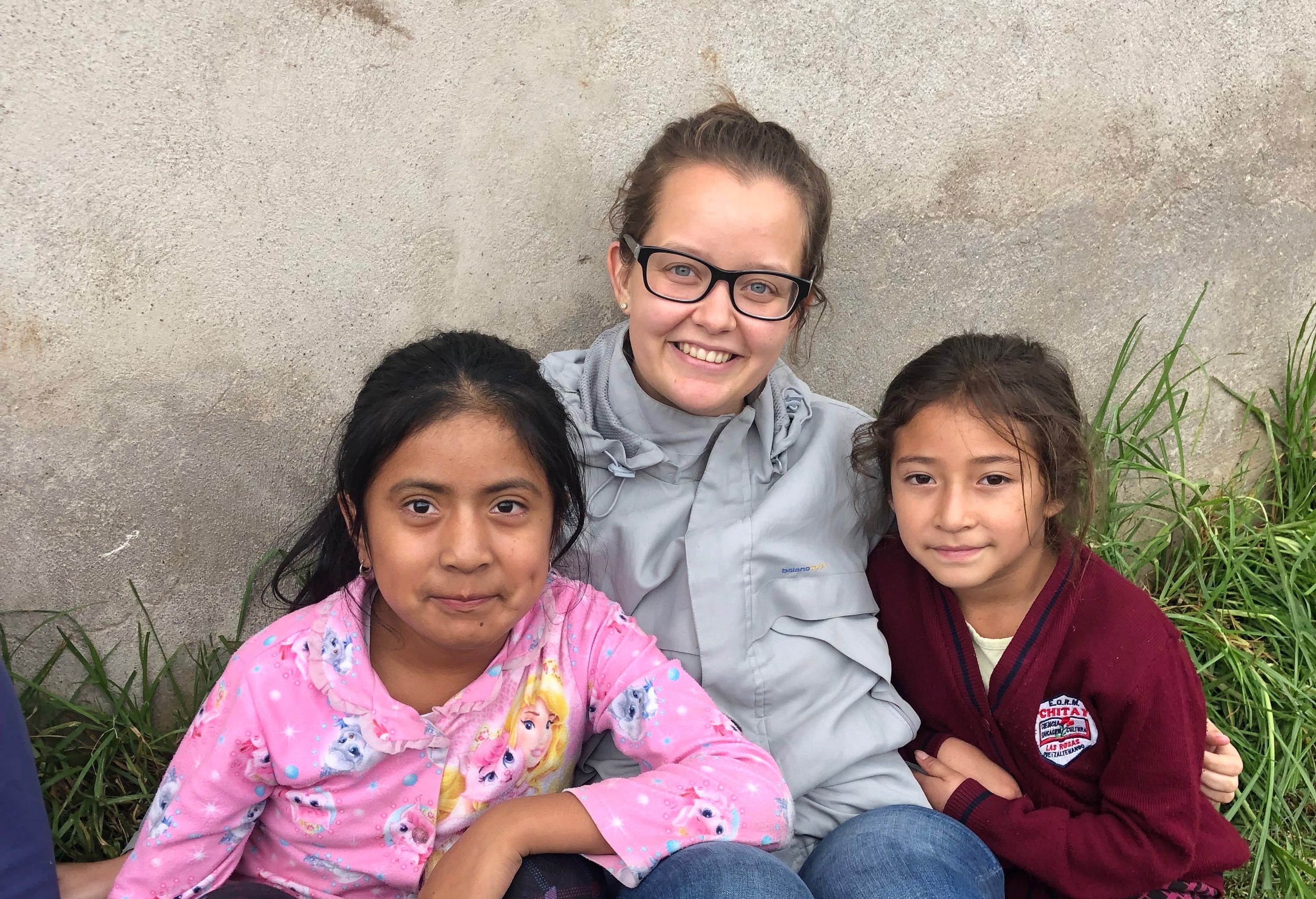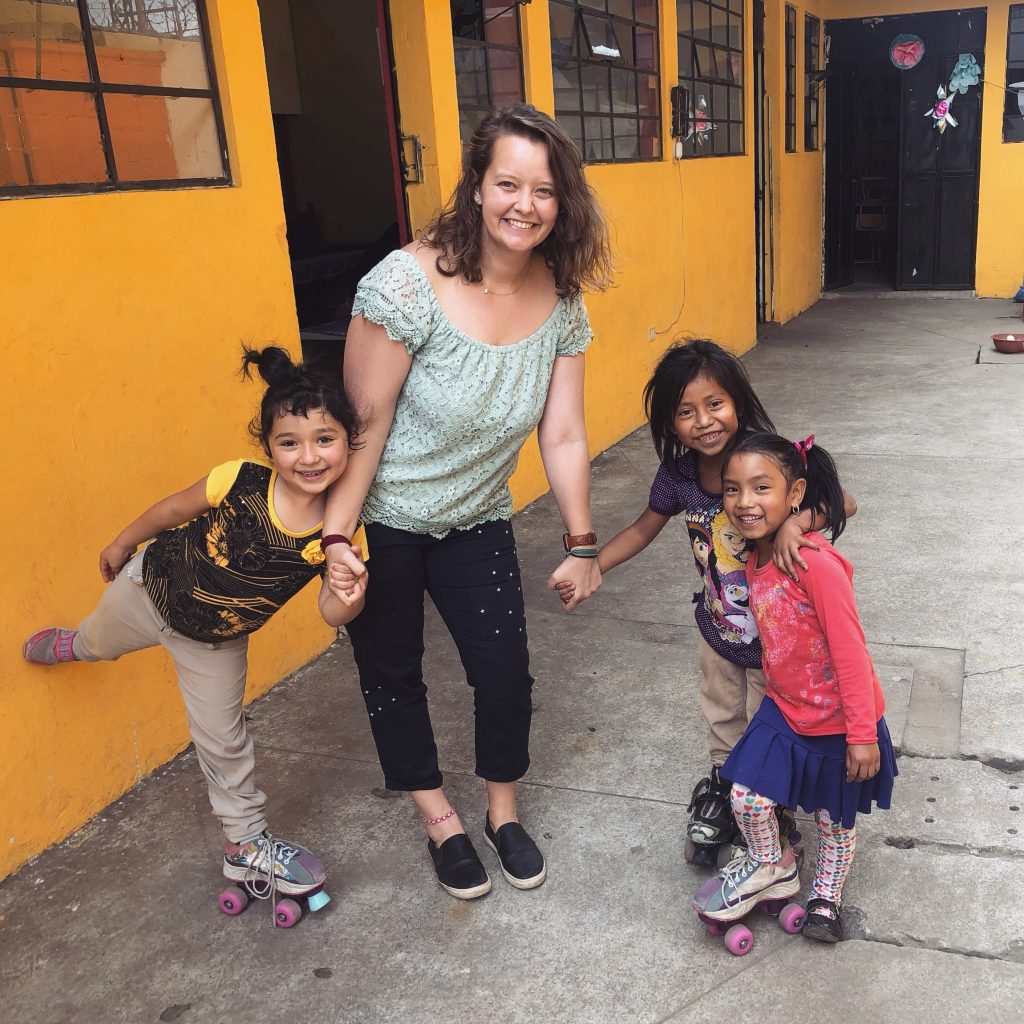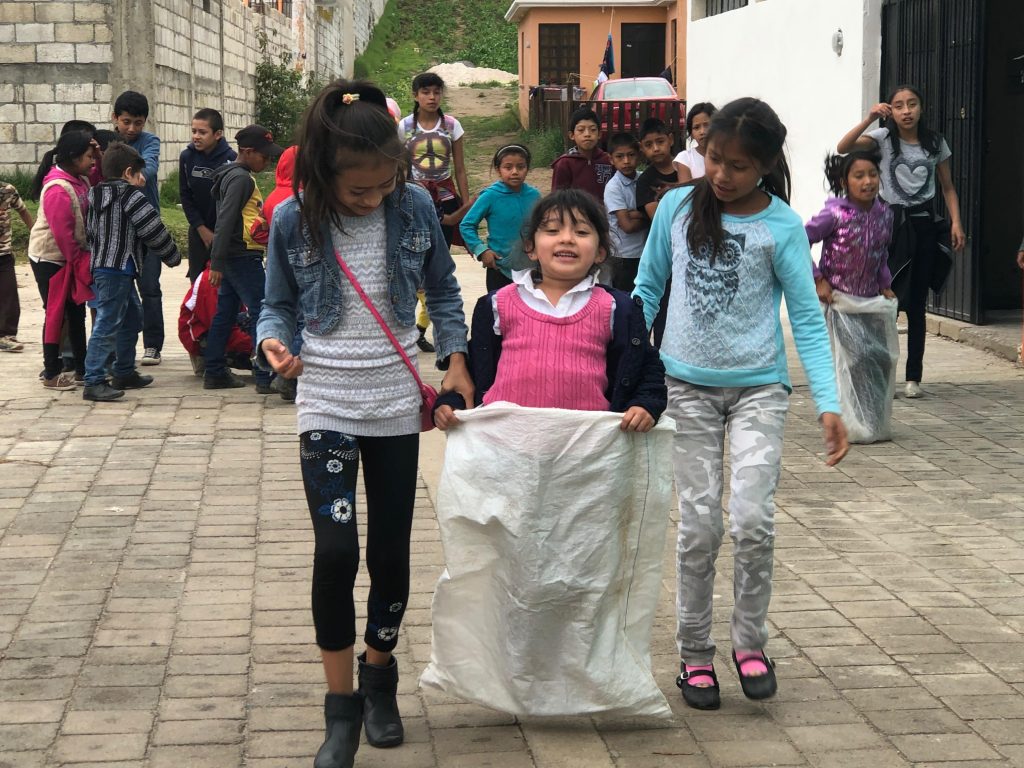Bula (Hello)!!My name is Amnah, and I was working as a volunteer in a school in Fiji, teaching students about healthcare and other subjects while also taking care of the children and teaching them other subjects.
Before visiting Fiji, everyone talks about “Fiji time,” but once you get off the plane, you actually feel it. In those three weeks, letting go of punctuality (Fiji time) was one of my obstacles in adjusting to change. Making connections with instructors and students was another struggle, but as the days go by, it comes naturally. In order to ensure that change occurs among the children, teachers need to put up more effort in their conversations with parents. It was occasionally difficult to control the students and keep the classroom in order. Some students made the class progress slowly and required more attention, and it was difficult to divert the focus of the more intelligent students with other activities. It was difficult to explain several medical concepts to younger children. In the end, everything appeared to go according to plan.
I would say that from preschool to grade 4 at Rock Church Academy in Sigatoka, Fiji, I learned teaching skills, experience creating timetables, and a true understanding of what it’s like to be a teacher. Additionally, I adore Indian culture and was already aware that there are Indians living in Fiji as a result of British colonialism in that country and the relocation of Indians there for labor. However, reality far exceeded my expectations; I have formed wonderful friendships and felt more Indian than ever. The best part of my vacation was connecting with Indian children, parents, instructors, and locals as well as Fiji as a whole. I actually was a student myself in expanding my Hindi language and now I have some knowledge on the written alphabet. I had to grab this opportunity.
I feel proud of myself for staying dedicated to my volunteer work, developing my communication skills, being open to new experiences, and learning to deal with whatever the day may bring. If you enjoy touring Fiji and its islands, the Tom Hanks movie site Castaway Island, and river tubing, I would strongly recommend these activities. Fiji offers CHEAP MOVIE tickets! Most importantly, if you would want to inform children about critical healthcare issues and ensure a healthy community, then this position is for you if you believe you can make it better or if you merely enjoy helping students and teachers!
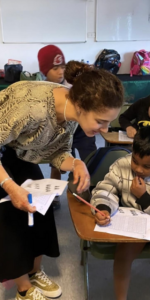
Enjoy every moment- Fiji you have taken my breath away.
Vinaka (Thank You).

